
WELLINGTON, April 19 (Xinhua) -- For almost a century, the First World War battle fought by New Zealand troops against the Turkish Ottoman Empire at Gallipoli has been seen as a defining moment in the nationhood of the former British colony, when immense hardship and losses brought forth a national character.
Now, it seems, at least some of those losses might have been due to their food, according to a New Zealand study released Friday.
Researchers at Otago and Massey universities performed nutritional analyses using modern day foods that were the nearest equivalent to those listed in the military rations of 1915.
"We found that the rations consisting largely of bully beef ( salted, canned beef), biscuits and jam were low in vitamins A, C and E, potassium, selenium and dietary fiber," Otago University Associate Professor Nick Wilson said in a statement Friday.
"These deficits are likely to have caused cases of scurvy and may have contributed to the high rates of other illnesses experienced at Gallipoli."
The study found some evidence that levels of vitamin A in the rations were low enough to have caused cases of night blindness and reduced resistance to dysentery and typhoid that killed more than 200 New Zealanders at Gallipoli.
The research suggested the nutritional problems would have been preventable if even modest amounts of canned fruit or vegetables, as manufactured in countries like New Zealand at the time, had been provided to the troops, Wilson said.
Professor Glyn Harper, of Massey University, said the research yielded one anecdote about a soldier throwing a tin of bully beef over into the Turkish trenches. It was soon thrown back with the note: "Cigarettes yes. Bully beef no."
"Ultimately military planners at Gallipoli were not anticipating such a prolonged and difficult campaign, and all sides were surprised by the new scale and nature of industrialized warfare," Harper said in the statement.
The Gallipoli campaign was a costly failure for the allied forces. Of the 8,556 New Zealand troops who landed, 2,721 were killed and 4,852 were wounded during their nine months on the peninsula.
The anniversary of the landing, April 25, is marked every year in New Zealand and Australia with commemorations for their war dead.
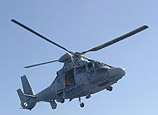
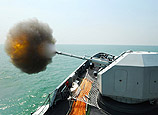

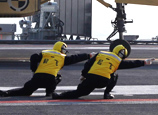
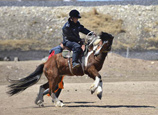
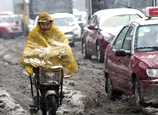

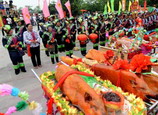
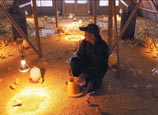







 Snowfall hits Taiyuan, N China
Snowfall hits Taiyuan, N China


![]()
